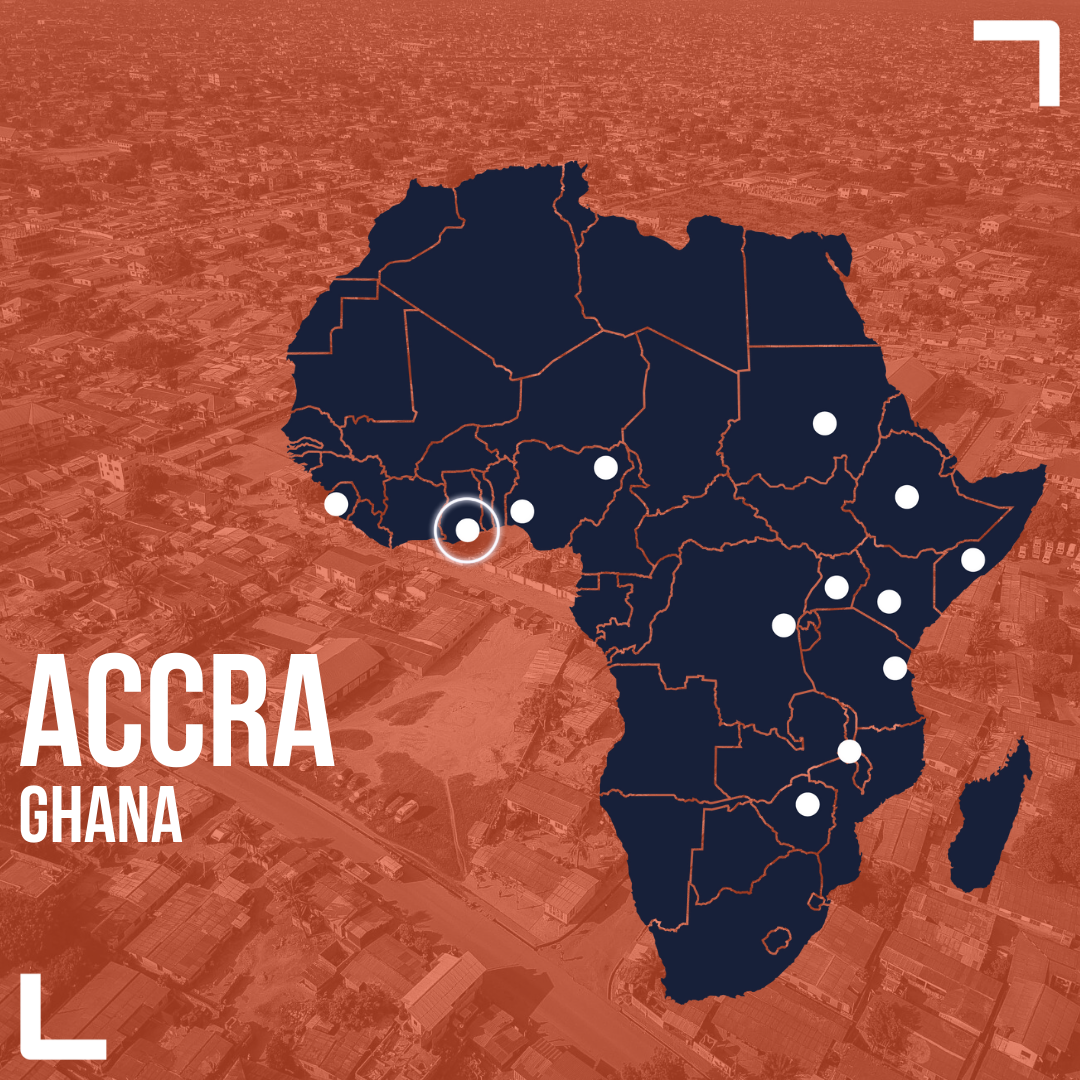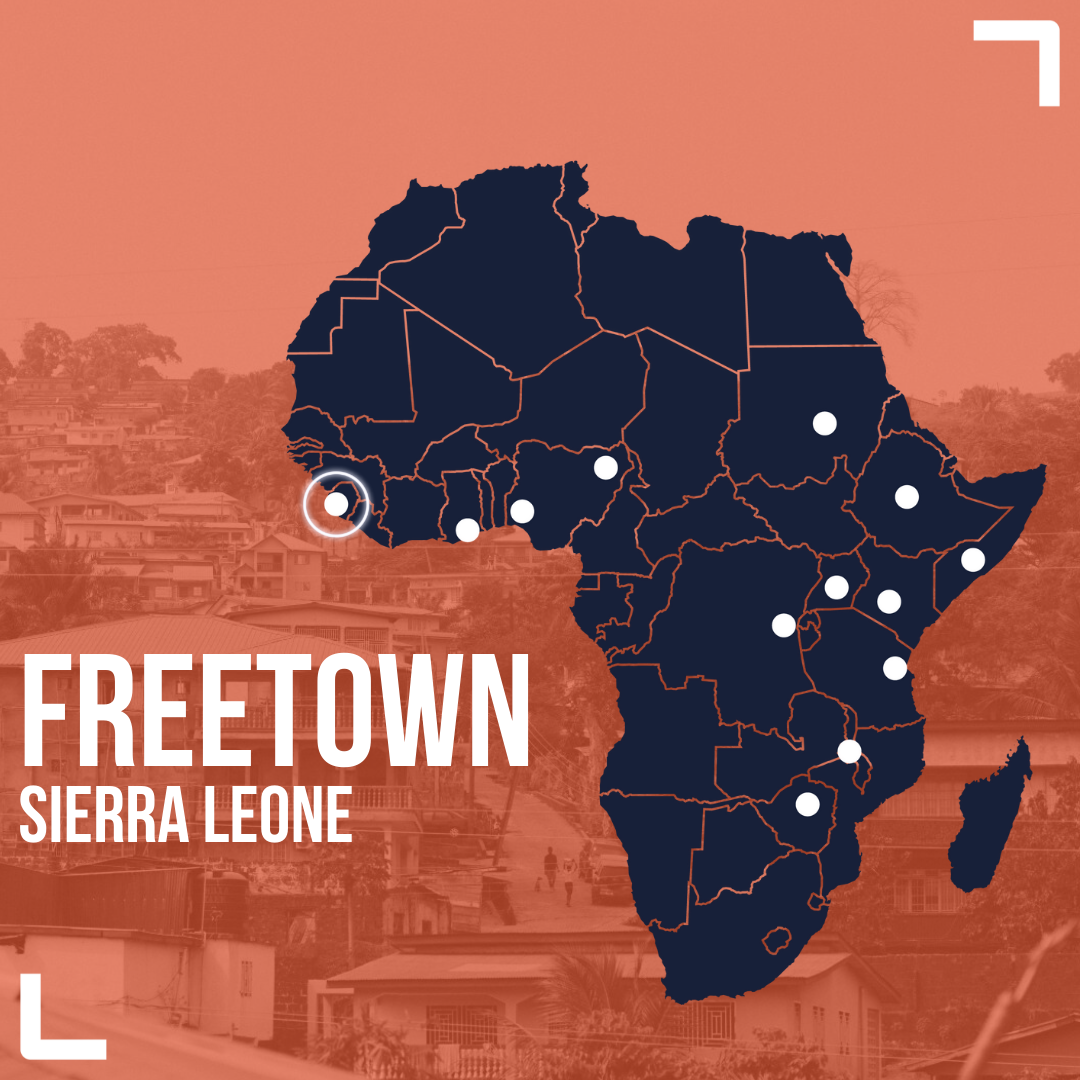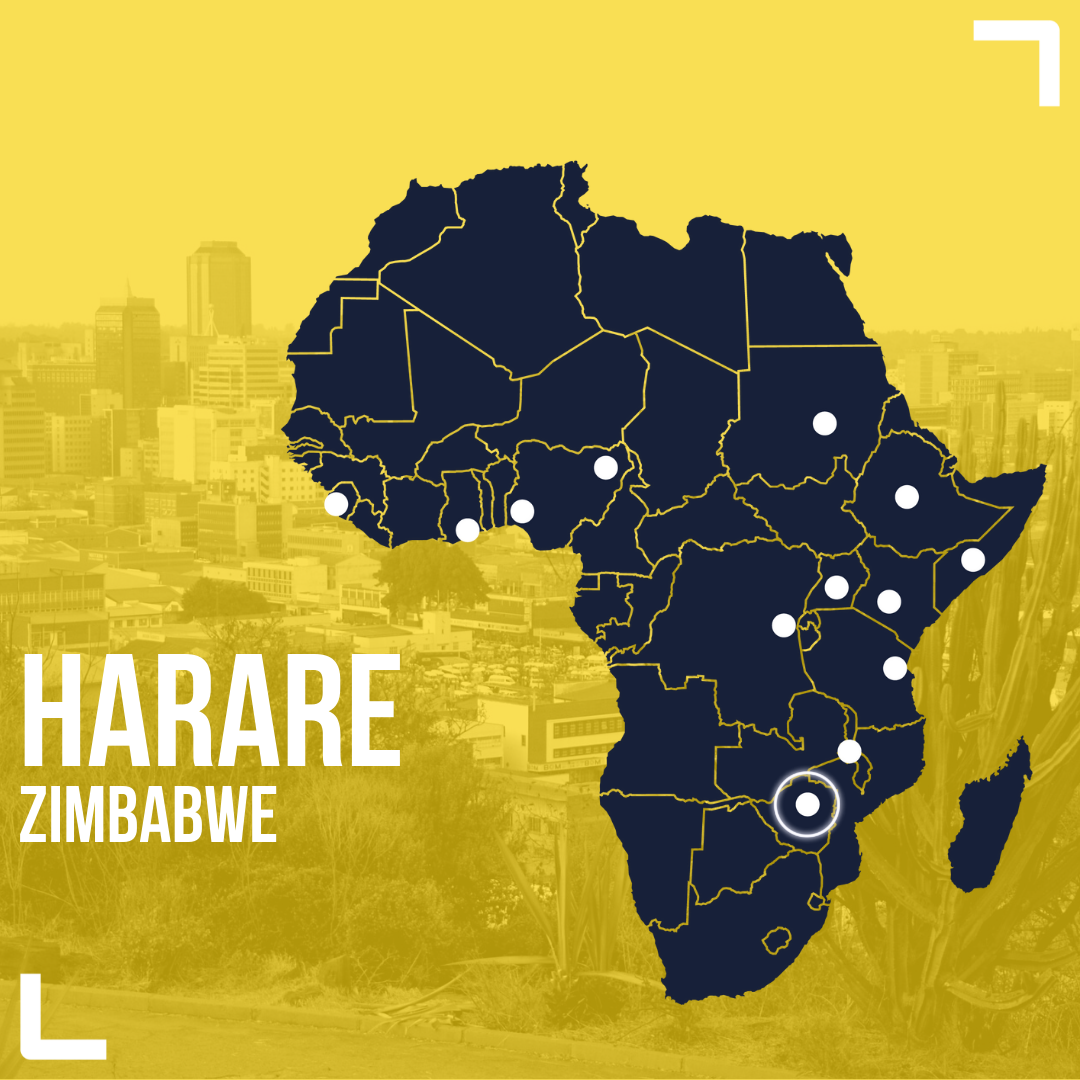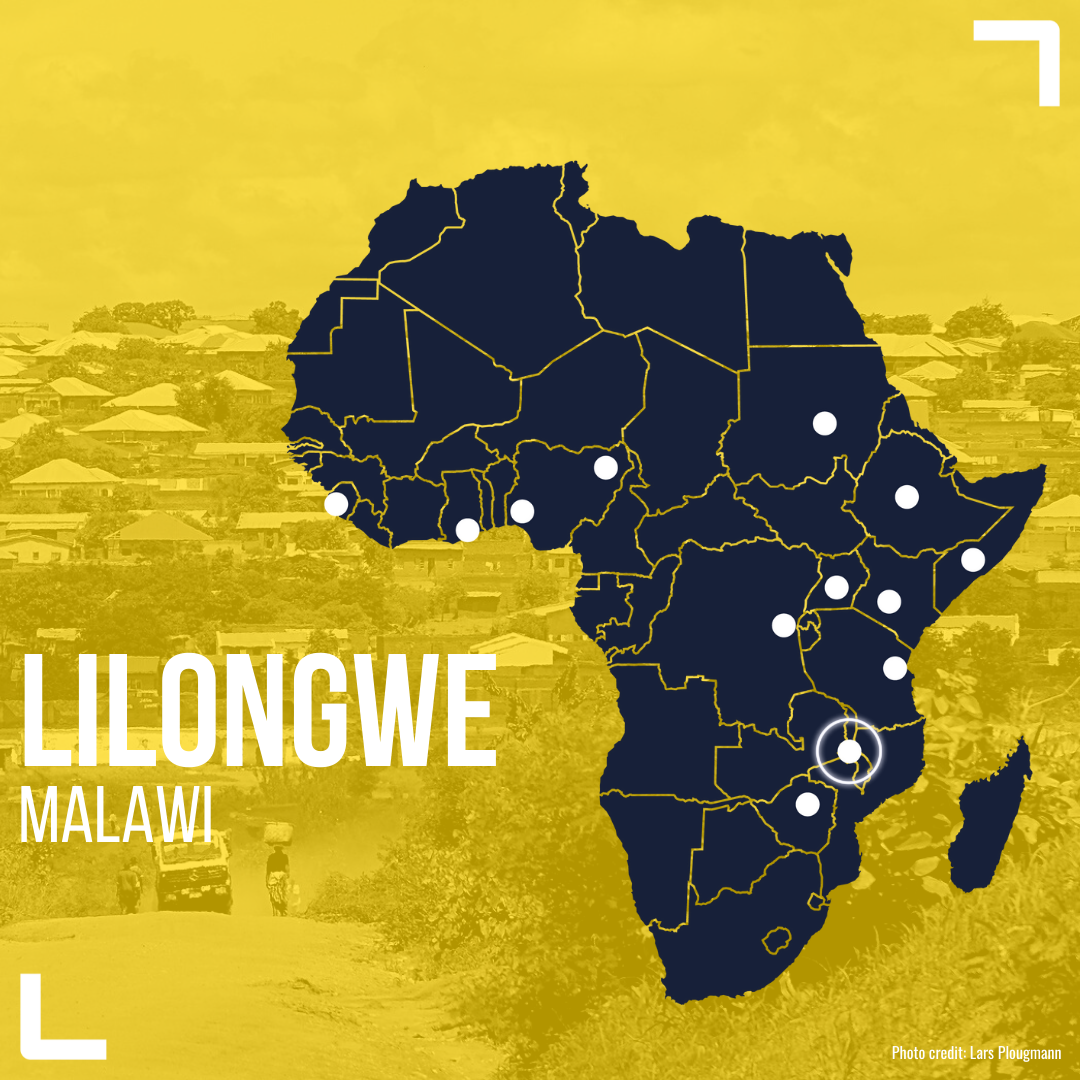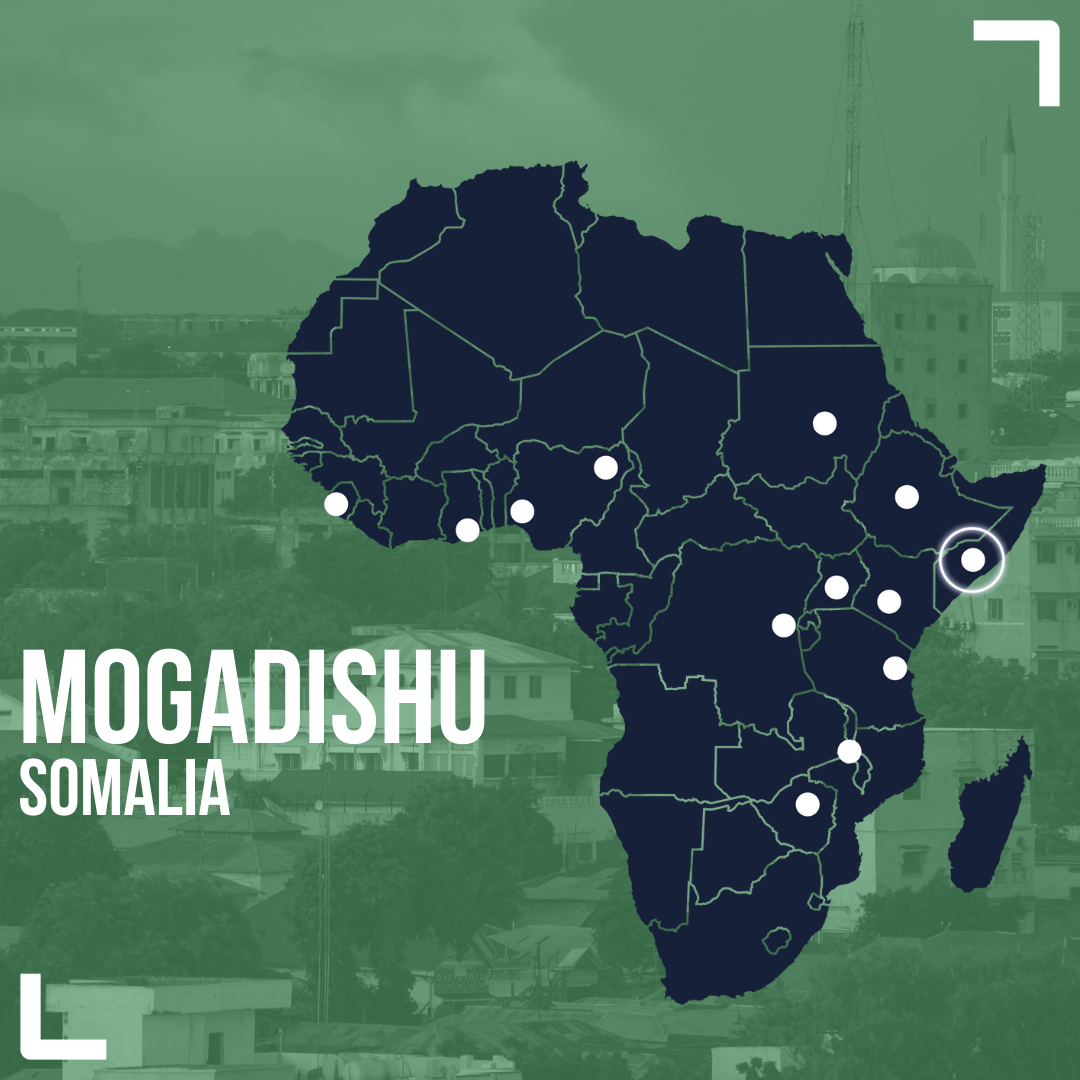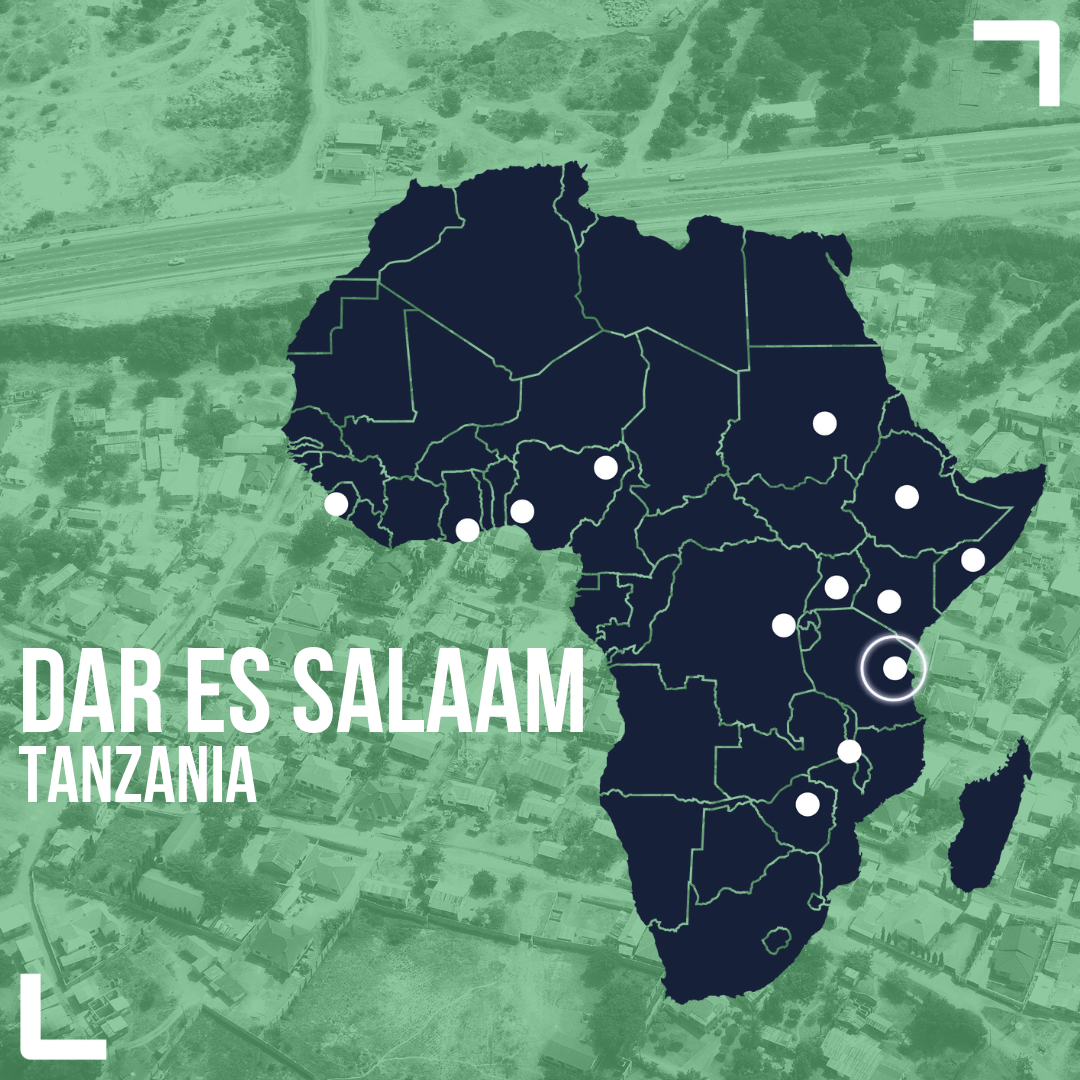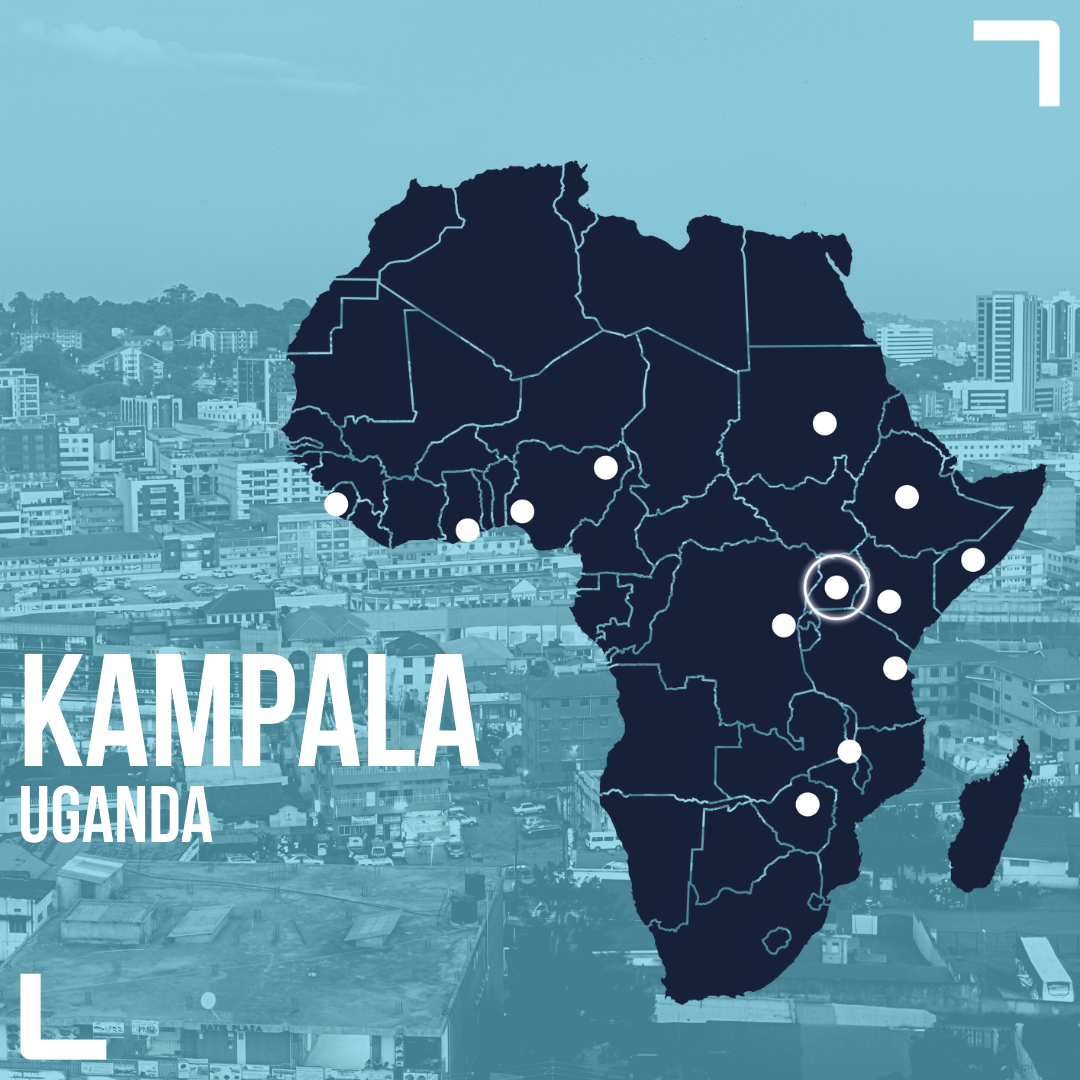Informal settlements
In most African cities, more than half of residents live in informal settlements, with insecure tenure, a lack of basic services and infrastructure, and often unsafe housing. It is now widely recognised within policy and academic circles that such households tend to be best served by upgrading programmes that enable them to remain in situ, without disrupting their livelihoods and social networks.
Informal settlement upgrading is a significant poverty reduction mechanism, enabling low-income households to secure essential services at a lower cost, improve their social status, and overcome spatial inequality. It also helps address the needs of vulnerable groups, such as women-headed households and people with disabilities, as well as offering multiple opportunities for income generation.
City elites are increasingly recognising the potential that informal settlement upgrading has for enhancing their popularity. Our research closely analyses the politics underpinning such interventions. With multiple actors involved and a number of contentious issues shaping the challenge of upgrading, the complexities of the process and the overlaps with other urban development domains are a key focus in our work.
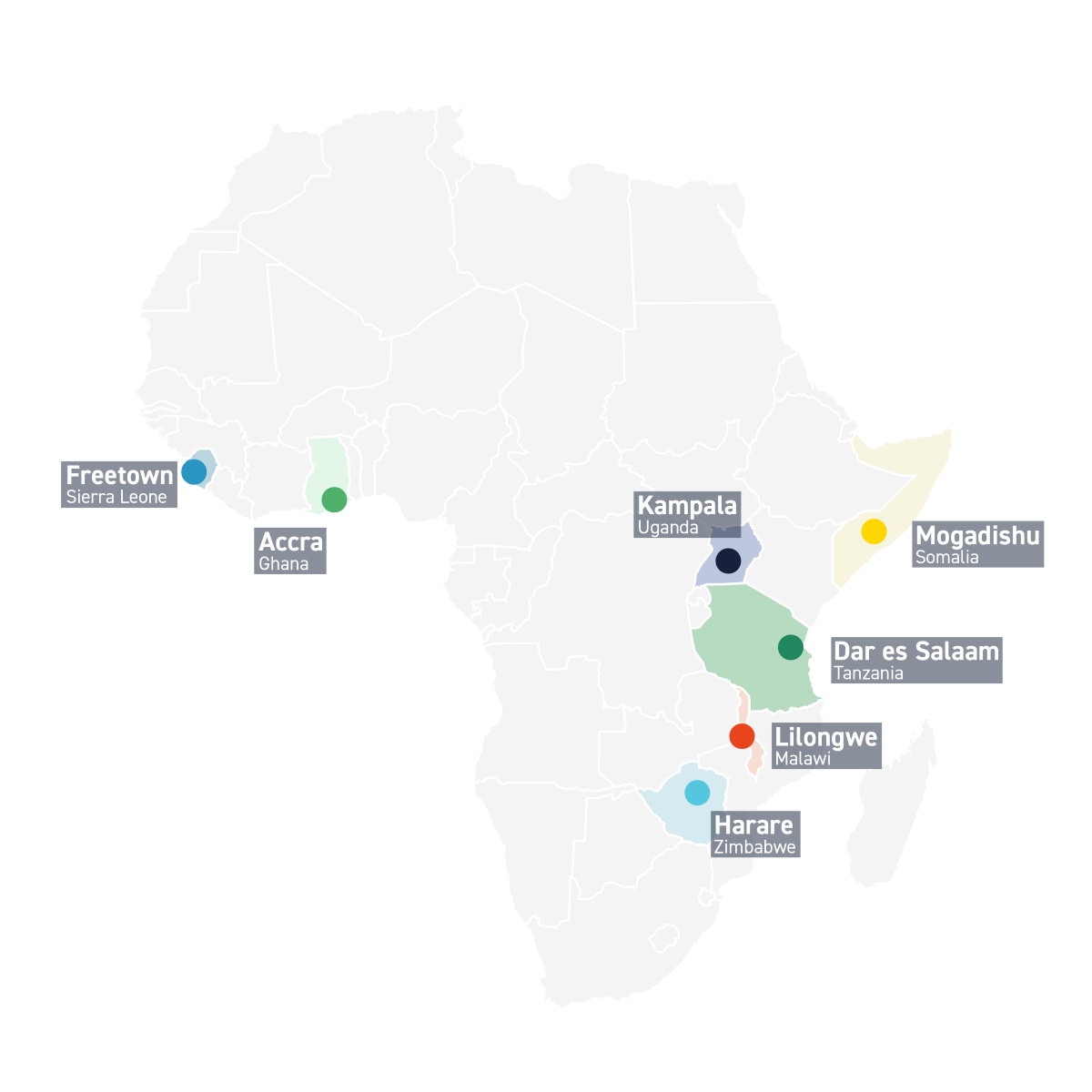
LATEST NEWS from ACRC
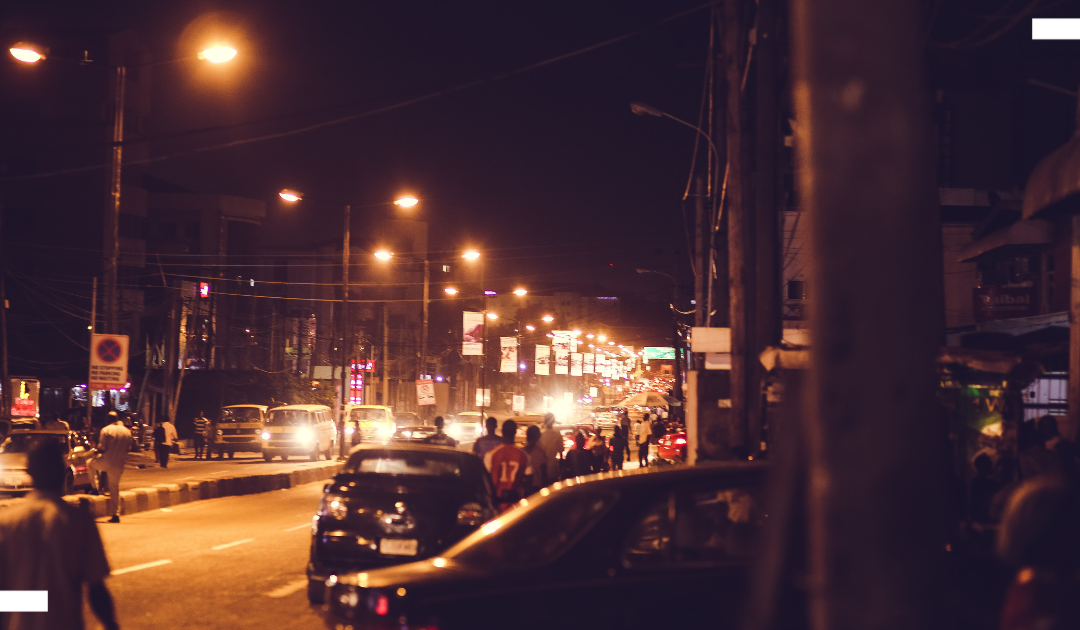
Left in the dark: Understanding streetlighting provision challenges in Lagos and its informal settlements
Safe streets make for safe cities, but a lack of lighting can exacerbate the everyday insecurity of urban residents. ACRC’s safety and security research in Lagos found the absence of streetlighting in low-income areas to be a key concern among residents, as the cover of darkness facilitates urban crime and makes law enforcement more difficult.
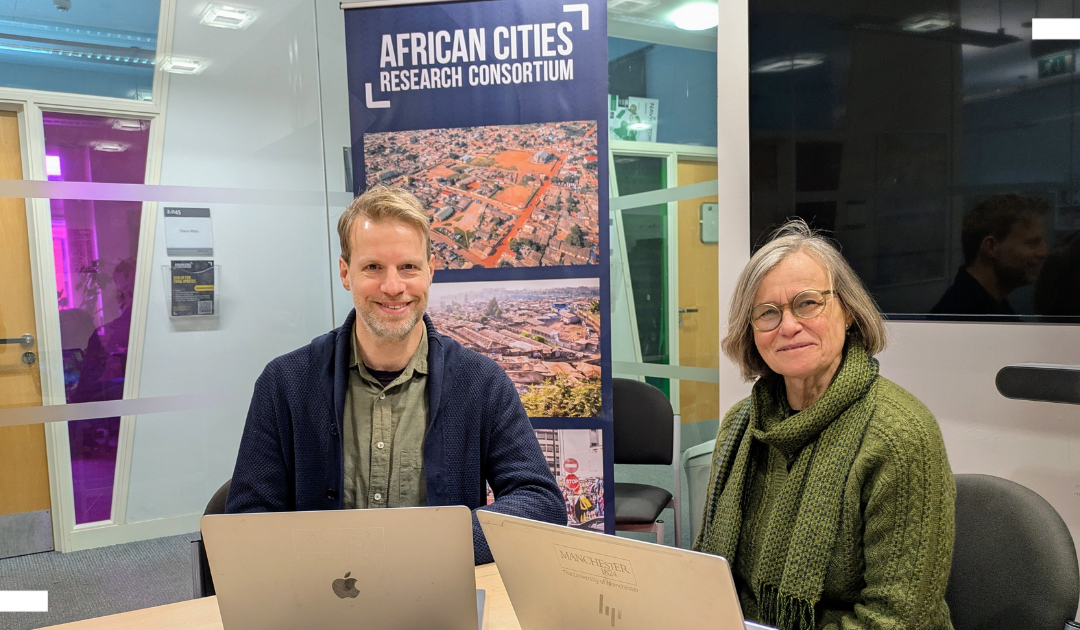
Welcoming Professor Tom Goodfellow to Manchester
We’re excited to welcome Professor Tom Goodfellow to The University of Manchester to take up a dual role as Professor of Urban Development at the Global Development Institute (GDI) and CEO of the African Cities Research Consortium (ACRC) – a position he will take over from Diana Mitlin in August this year.
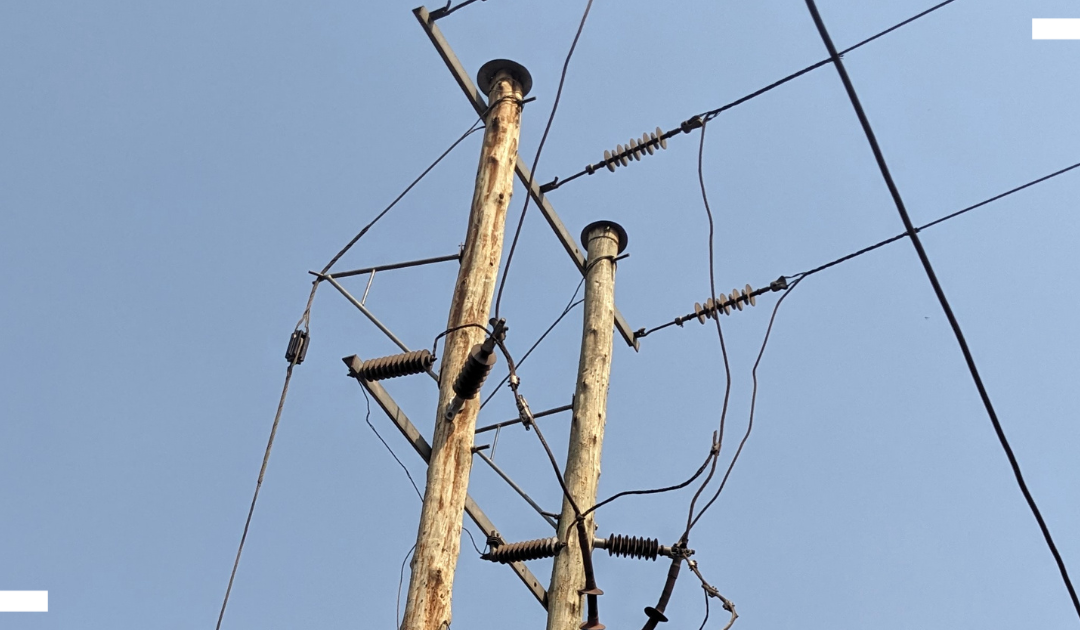
Unravelling a complex web: Electricity subsidy experiences in Kampala’s informal settlements
Electricity subsidies may seem like a straightforward solution to the challenge of supplying electricity to Kampala’s informal settlements. However, the contextual realities of the electricity supply chain paints a slightly different story.

